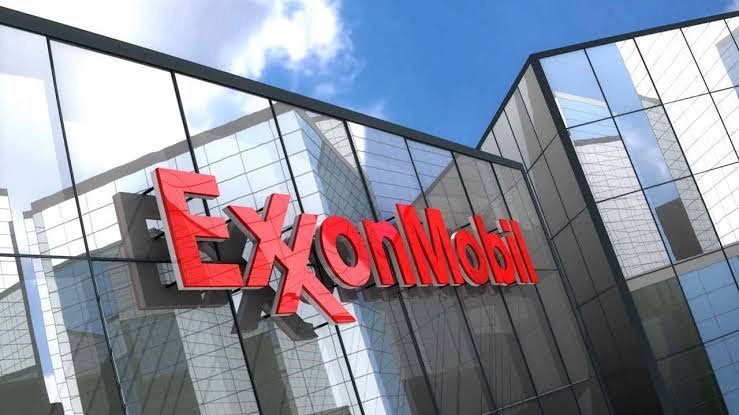In less than two weeks, approval for Exxon Mobil’s asset sale to Seplat Energy may finally conclude, putting an end to a two-year delay since the initial agreement.
The $1.28 billion sale in Africa’s largest oil exporter has awaited regulatory approval since 2022.
Nigerian Upstream Petroleum Regulatory Commission (NUPRC) chief Gbenga Komolafe told Reuters the companies would be invited to a meeting on Friday.
“Subject to the outcome of the meeting, consent… could be given in less than two weeks from the date of the meeting,” he said.
NUPRC would give the companies two mutually exclusive options that, if accepted, would permit approval of the deal, Komolafe said.
He did not spell out what these options were, but said the law requires money to be set aside for decommissioning, host community development, and environmental remediation.
“As a commission, we don’t want our nation to carry unwarranted financial burdens arising from the operations of the assets over time by the divesting entities,” he said.
Africa’s top oil producer relies on the commodity for more than 90% of its foreign exchange and half of its budget. But output has declined in recent years due to underinvestment and theft.
Oil majors operating in Nigeria, including Shell and TotalEnergies, have exited their onshore shallow water operations, citing security concerns such as theft and sabotage, to focus on deepwater drilling. Those moves have run into regulatory hurdles.
Analysts suggest that approving the Exxon-Seplat deal could inject vital capital into Nigeria’s oil industry, potentially boosting oil output and signaling to investors that regulatory approval for similar deals, like Shell’s asset sale to Renaissance in January, is probable.

